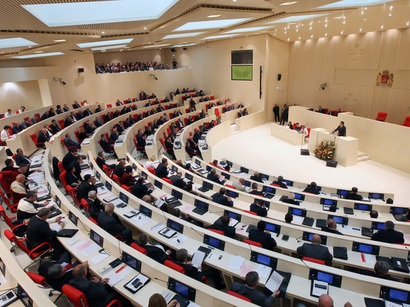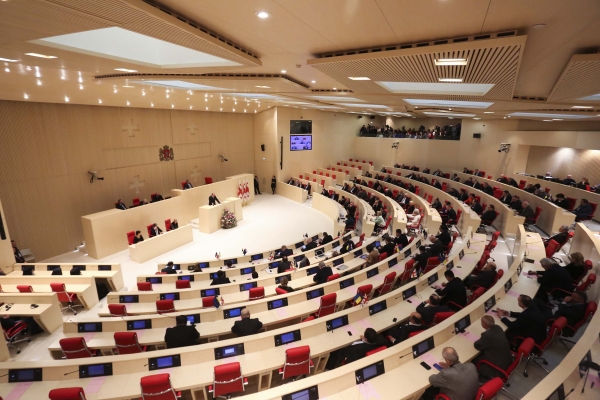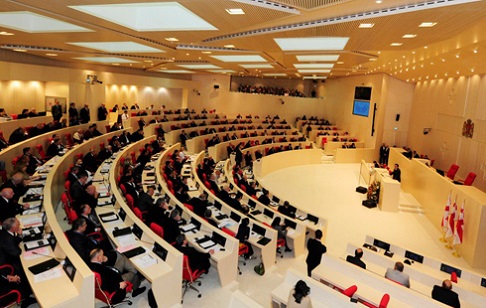Georgian parliament passes anti-discrimination law with first hearing

On April 17 Parliament of Georgia passed a Bill on the elimination of all forms of discrimination and related sub-bills with 110 votes in favor and none against.
The draft law envisaged changes in some already acting laws and provided the following definition of discrimination:
"The Bill does not create any new legal material rights, instead it is aimed at ensuring the enjoyment of equal rights. The Bill prohibits any signs of discrimination including with the reason of age, health condition, disability, sexual orientation, gender identity, profession.The Bill bans discrimination in both, private and public sectors,” the draft said.
The explanatory note of the Bill said the reason of its adoption was because of inefficiencies in existing anti-discrimination legislation.
"Majority of norms prohibiting discrimination with few exceptions has only declarative nature and their violation do not envisage the appropriate consequences”, the note says.
Georgia was strongly encouraged by the EU to adopt the anti-discrimination law.
The European Neighbourhood Policy (ENP) Country Progress Report 2013 for Georgia, published at the end of March, included a major recommendation that Georgia immediately adopt an anti-discrimination law in what would become a prerequisite for finalizing the Visa Liberalization Action Plan.
The report stated: "On the basis of this year’s report and with a view to sustain implementation of the ENP Action Plan in 2014, Georgia is invited to adopt comprehensive anti-discrimination legislation; ensure that the rights of people belonging to minorities, including religious minorities, are respected. Condemn instances of hate speech, attacks and violence against persons belonging to minorities; send clear messages of zero tolerance towards such behaviour."
The anti-discrimination Bill has been accessed by the non-governmental sector as "ineffective", as they believed the new law did not say anything about the creation of a special inspector’s institute, which could impose fines on citizens.
 Tweet
Tweet  Share
Share











